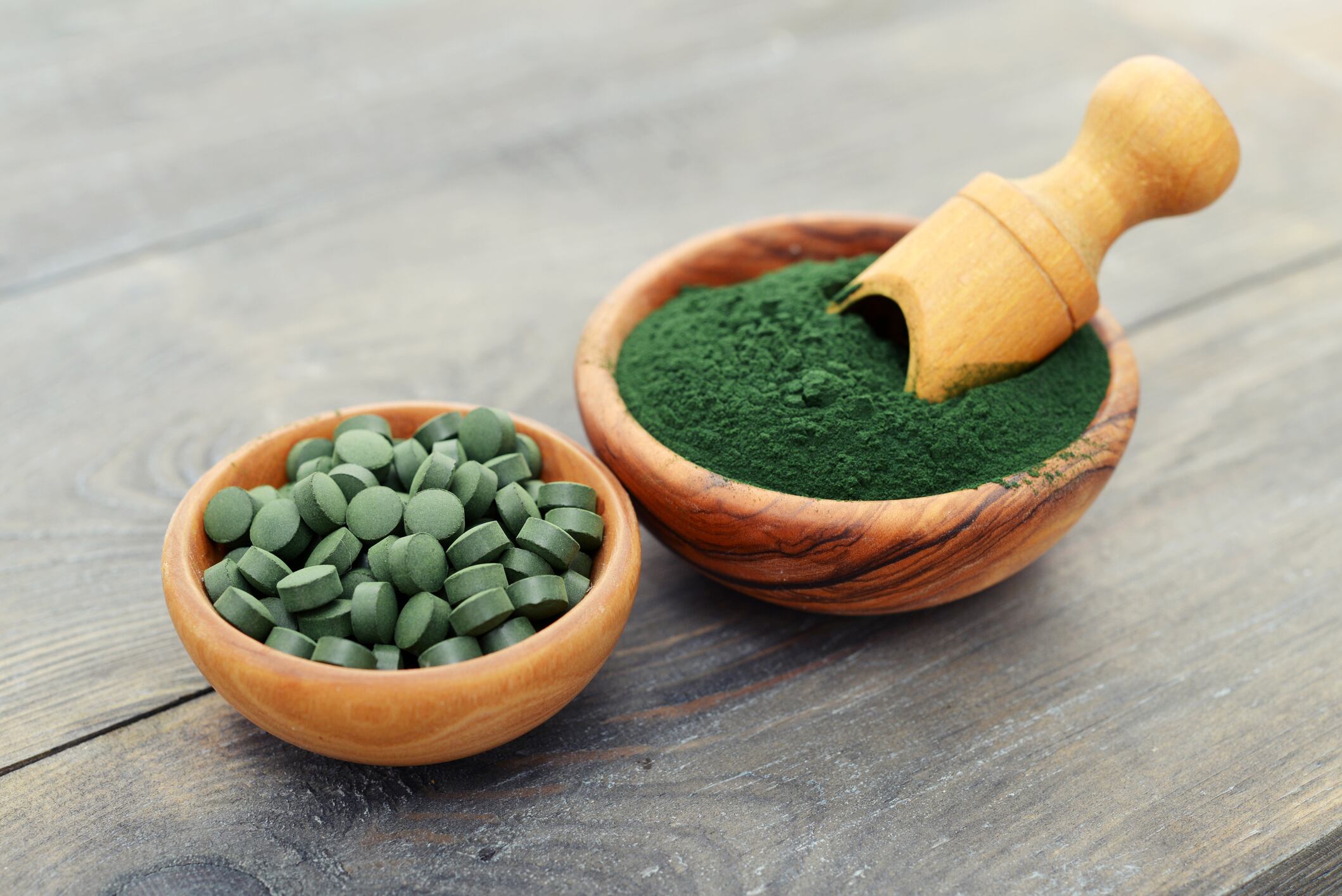Sixty participants who consumed a Spirulina platensis (SP) supplement daily for 12 weeks showed decreased levels of zonulin (a marker for intestinal permeability), improved IBS quality of life and severity scores, and increased antioxidant capacity.
“Overall, SP can reduce intestinal permeability by affecting tight junction proteins such as zonulin, inflammatory responses and gut microbiota,” researchers from Isfahan University of Medical Sciences in Iran wrote in Nutrition Journal.
They suggested that spirulina shows promise for managing IBS but that larger trials with a dose-dependent approach in IBS subtypes are needed to confirm this.
Spirulina’s potential benefits
Spirulina, a type of blue-green microalgae often referred to as a superfood, is known for its high nutrient density and has been associated with anti-inflammatory, antioxidant, immunomodulatory, antiviral and anti-cancer properties.
Previous studies suggest that spirulina has beneficial effects on the gut microbiota, intestinal permeability and gastric ulcers, indicating its potential as a treatment for chronic conditions such as ulcerative colitis, diabetes and obesity.
One of the key findings in the present study—which the researchers said is the first to evaluate spirulina for IBS—is the beneficial effect of spirulina supplementation on zonulin. Zonulin is a protein in intestinal cells that regulates tight junctions, opening them to allow nutrients and immune cells to cross the epithelial barrier. Increased levels of zonulin are associated with intestinal permeability, a condition which can lead to systemic inflammation and IBS.
The current findings add to previous evidence that spirulina may decrease tight junction proteins and suppress inflammatory responses that are key in oxidative stress.
“Furthermore, SP supplementation increases short-chain fatty acid production, and gut microbiota diversity and enhances the composition of gut microbiota, and therefore, decreases gut permeability,” the researchers wrote.
Study details
The study randomly assigned 60 participants ages 18 to 50 with IBS-C to consume either two daily doses of 500 mg spirulina or a placebo for 12 weeks.
The researchers evaluated the effects at baseline and the end of the intervention using the IBS-QoL and IBS-Severity system score (IBS-SSS) and measures of plasma total antioxidant capacity (TAC), malondialdehyde (MDA) and zonulin.
The results showed that spirulina supplementation was associated with a significant increase in QoL score and TAC and a decrease in IBS-SSS, MDA and zonulin levels compared to placebo.
“Our study showed that SP supplementation can improve antioxidant capacity and alleviate oxidant status in patients with IBS-C,” the researchers wrote.
“Considering the notion of increased intestinal permeability in IBS patients, the findings of our study showed that supplementation with SP resulted in significantly reduced permeability marker i.e., zonulin.”
Noting that one previous study questioned using zonulin to evaluate tissue permeability, proposing that its effects might be limited to specific areas like the small intestine. As such, they recommend additional research to better understand its function.
Source: Nutrition Journal 24, 64 (2025). doi: 10.1186/s12937-025-01132-6. “Effects of Spirulina (Arthrospira) platensis supplementation on intestinal permeability, antioxidant and inflammatory markers, quality of life and disease severity in patients with constipated-predominant irritable bowel syndrome: a randomized double‑blind, placebo‑controlled trial”. Authors: S.J. Nasab et al.




